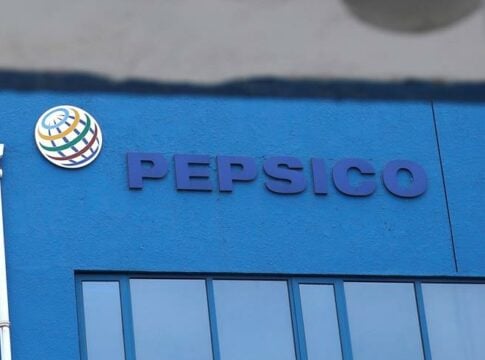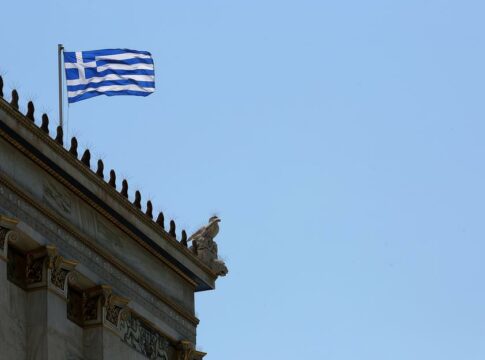The reduction in fuel imports and, to a lesser extent, the grants from the Recovery Fund led to an improvement in Greece’s external balance in the first half of 2025, according to Eurobank’s weekly bulletin “7 Days Economy.”
Based on data from the Bank of Greece, the current account deficit stood at 7.6 billion euros in the first half of 2025 (6.4% of GDP or 15.3 billion euros in 2024), meaning that the receipts of households, businesses and the government, from transactions with foreigners, for goods, services, income and current transfers, fell short of the corresponding payments by this amount.
“The financing of this gap came mainly from portfolio investments of foreign entities in Greece. For example, the purchase of Greek securities and shares by non-residents falls into this category of investments. These are funds that flow into the Greek economy from abroad, and finance, together with direct and other investments, the current account deficit.
The more efficiently these funds are utilized, the greater their medium- to long-term impact on Gross Domestic Product (GDP).
The increase in GDP, i.e. income, along with the creation of incentives to boost savings, may gradually reduce the relative importance of capital from abroad in the financing of domestic fixed capital formation, supporting the resilience of the growth model of the Greek economy against possible external shocks.
Compared to the first half of 2024, the current account deficit in Greece shrank by 692.7 million euros or 8.3%. It is worth noting that this change was not uniform in the two quarters. In detail, the external deficit increased by 757.9 million euros or 20.1% in the first quarter of 2025 while in the second quarter of 2025, it shrank by 1,450.7 million or 31.9%.















